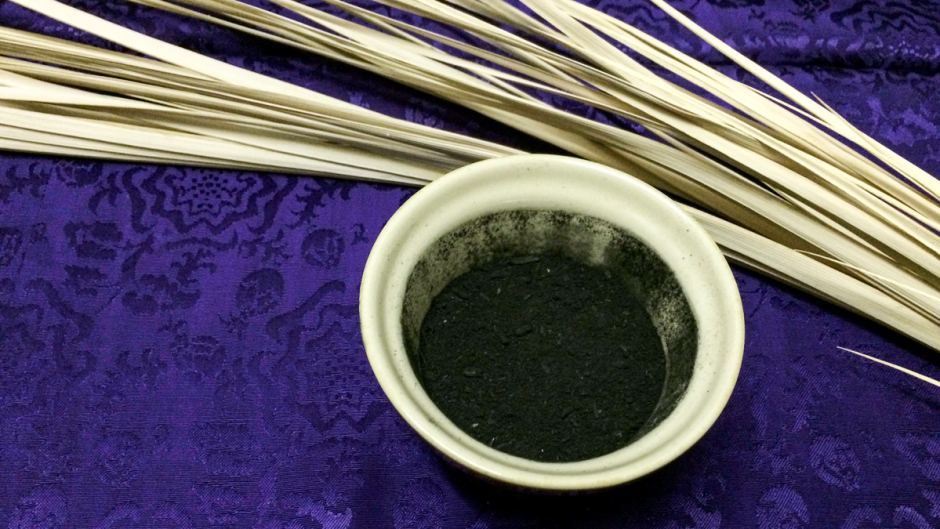Pub Theology 2/11/25 -- Peace vs. good trouble?
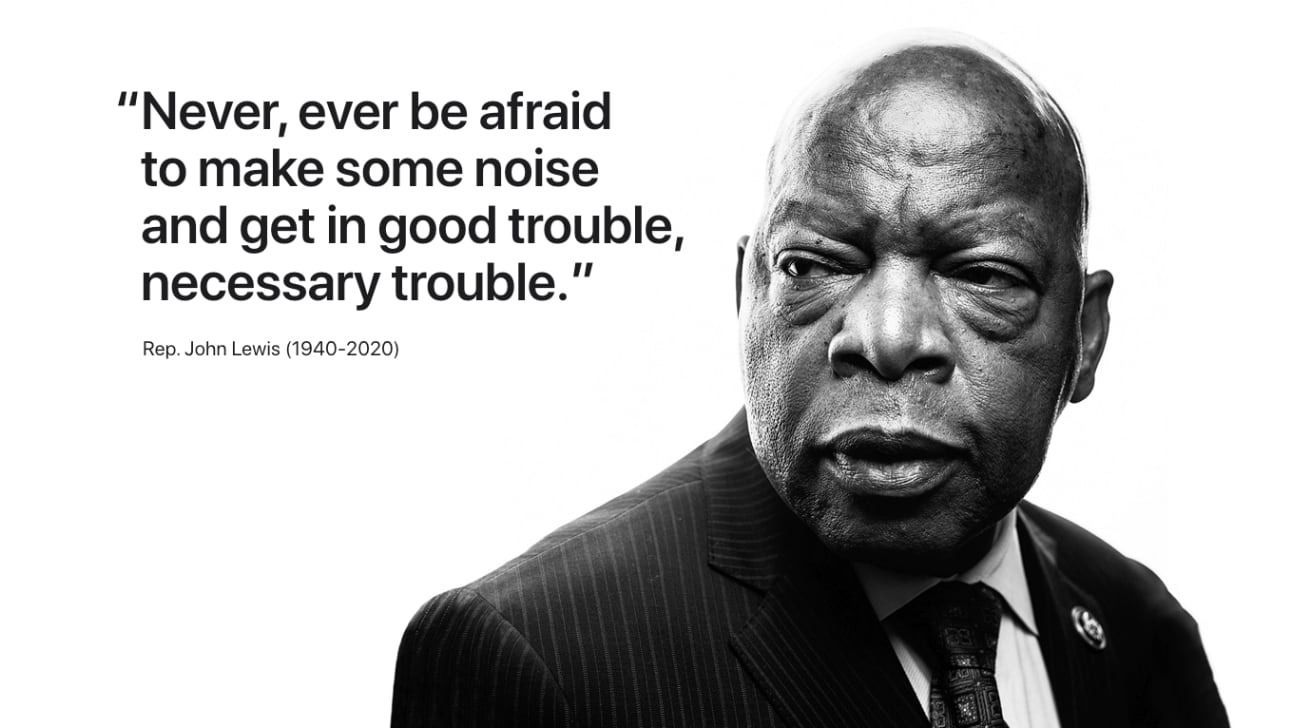
Without really planning it, we seem to have hit upon something of a theme over the last few weeks of PubTheo conversations. We started with a discussion about speaking truth to power, which led to last week's discussion of allyship and what it means to be an ally. And then, at church at St. Mary's this past Sunday, there were two moments in the service which alluded to a famous prayer that has been attributed to St. Francis of Assisi though the author is actually unknown. If you're unfamiliar with it, the prayer starts like this: "Lord, make me an instrument of your peace ..."
It continues this way: "Lord make me an instrument of your peace. Where there is hatred, let me sow love; where there is injury, pardon; where there is discord, union; where there is doubt, faith; where there is despair, hope; where there is darkness, light; where there is sadness, joy." There is more to the text, but for our purposes, this is where we'll leave off, at least for this week.
In the troubled times that we find ourselves in, how does the text of this prayer speak to us? What does it mean to be an instrument of peace? And is peace really what our times are calling for these days? Thinking on that question brought to mind the words of the late congressman and civil rights leader John Lewis, quoted in the illustration for this week's topic.
The above-mentioned quote actually comes from a Tweet Lewis wrote back in 2018, a similarly divisive and troubled time in America's political and civic life. Here's the full text:: "Do not get lost in a sea of despair. Be hopeful, be optimistic. Our struggle is not the struggle of a day, week, a month, or a year, it is the struggle of a lifetime. Never, ever be afraid to make some noise and get in good trouble, necessary trouble."
What do you think Lewis meant when he talked about "good trouble" and "necessary trouble"? What was he calling on everyday people to do? Back in 2021, the National Endowment for the Arts posed that question to a group of artists, asking them to reflect on the meaning of good trouble. You can read what they had to say by clicking on this link.
In our conversation this week we're going to talk about the relationship between being asking to be an "instrument of your peace" and being called on to get into good and necessary trouble. How do these two sets of ideas fit together? Are they consistent or are they contradictory? In short, is getting into "good trouble" a way to become an instrument of peace?
Join us for the discussion this Tuesday, Feb. 11, starting at 7pm at Casa Real in downtown Oxford.
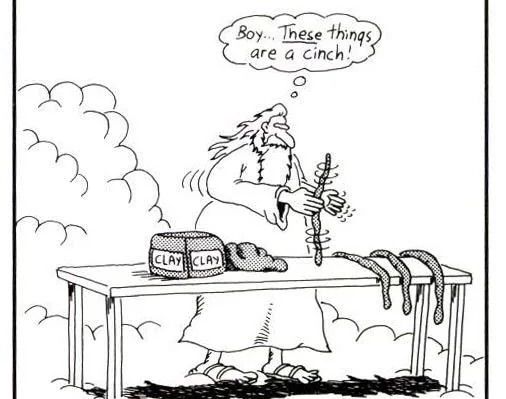
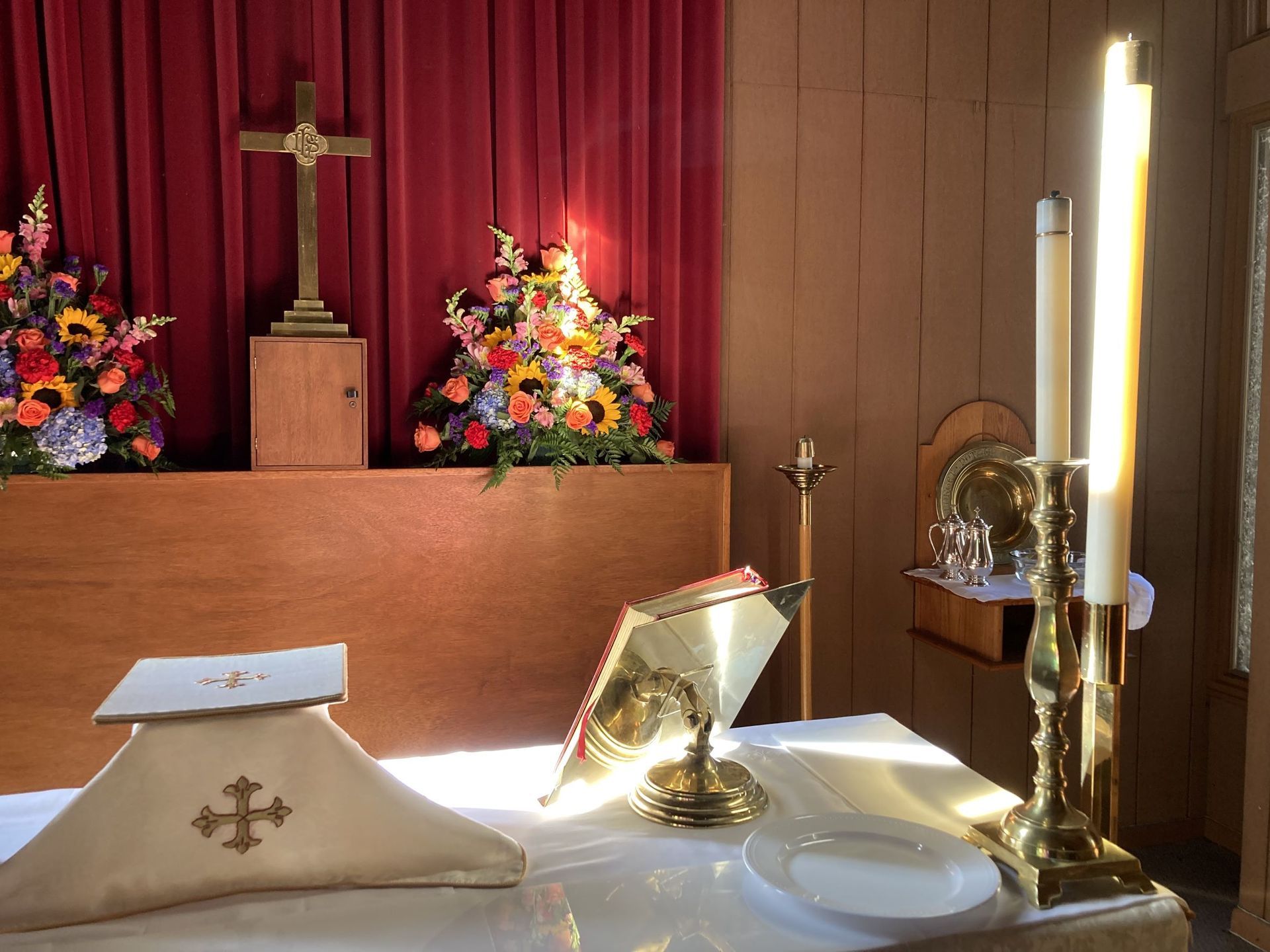
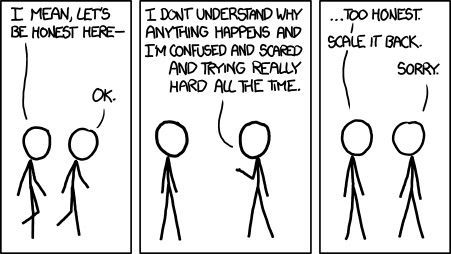

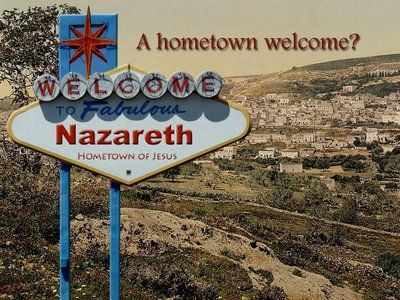

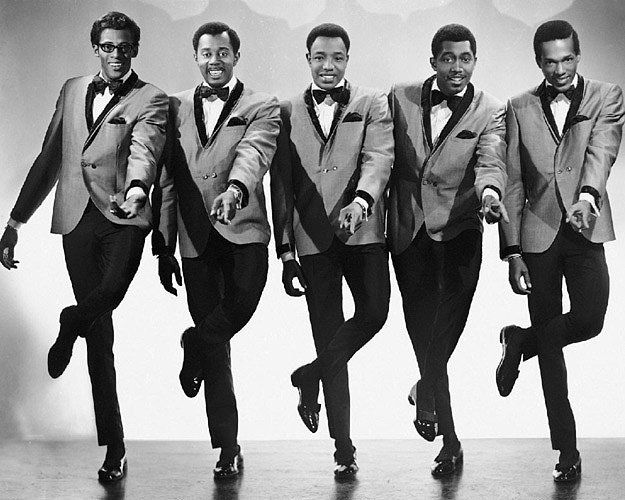


Useful Links
Contact info
(248) 391-0663
office@stmarysinthehills.org
2512 Joslyn Court
Lake Orion, Michigan 48360
Join our community
Contact Us
We will get back to you as soon as possible
Please try again later

